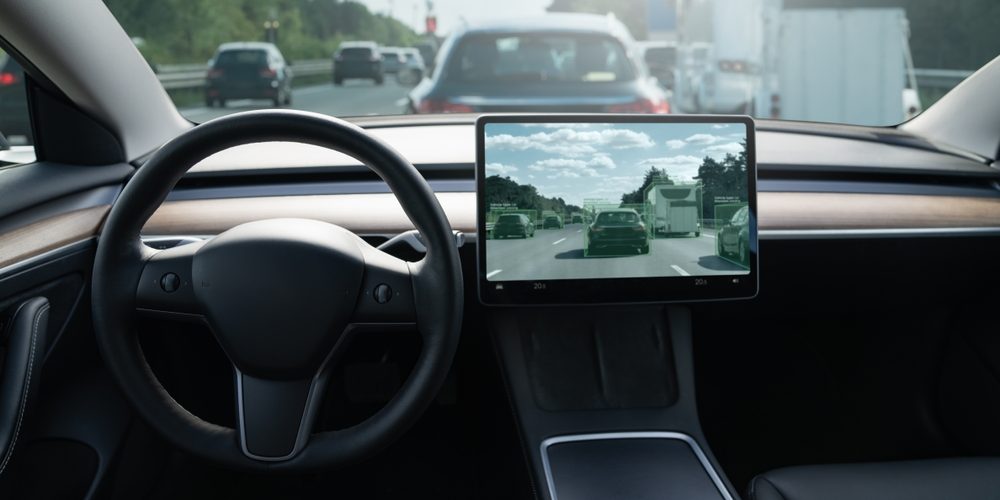The rise of autonomous vehicles (AV’s) has left legal scholars, policymakers, and the general public pondering various questions about responsibility and lawfulness. One area under scrutiny is how DUI (Driving Under the Influence) laws apply to drivers—or “operators”—of self-driving cars. While the technology is still relatively new, it’s crucial to understand how existing DUI laws may evolve and what the implications could be for those who may find themselves navigating this uncharted legal terrain.
General DUI Laws: A Quick Overview
Typically, DUI laws penalize individuals found to be operating a motor vehicle with a blood alcohol content (BAC) level exceeding a specific limit, usually 0.08% in the United States. Violating these laws can result in severe penalties, such as fines, license suspension, and even imprisonment.
Autonomous Vehicles and Current Legislation
Autonomous vehicles function under varying levels of automation, from Level 0, which is no automation, to Level 5, which is full automation. Many of the self-driving cars being tested or in limited use are at Level 2 or Level 3, requiring some human intervention.
In the United States, federal guidelines for AVs are still developing, but individual states like California, Arizona, and Florida have implemented laws to create a legal infrastructure around this emerging technology. However, states are not uniform in their regulations.
For example, in the states of California, fully autonomous vehicles may only be operated by designated testers from their respective manufacturers who are licensed by the Department of Motor Vehicles. In Florida, there is no such regulation; fully autonomous vehicles can operate freely on public roads, with or without a driver present.
Conflicting Arguments: DUI in an Autonomous Vehicle
Reduced Responsibility
One argument is that operating an autonomous vehicle should be exempt from DUI laws, as the “driver” isn’t actually driving. Thus, they bear less responsibility for the vehicle’s actions. This argument raises questions about how DUI laws can adapt to new technology and whether existing regulations even apply.
Maintaining Current Laws
On the opposite end, critics argue that the operator should be held accountable as long as the vehicle requires human intervention. Despite the high level of automation, these vehicles are not completely foolproof and might require the driver to take control suddenly. Given the unique examples from California and Florida that were cited earlier, it may be that “responsibility” will be defined differently based on where in the United States you operate an autonomous vehicle.
The Lasting Implications of Self-Driving Cars and DUI
The advent of autonomous vehicles presents a significant challenge to existing DUI laws, both from a technological and a legal standpoint. There is a real need for legal systems to evolve quickly, providing guidelines that protect both the public and individual liberties. Future legislation will need to carefully navigate these conflicting interests, potentially leading to an overhaul of how we define “driving” and “operating” a vehicle under the law.
For drivers who are facing a DUI charge and need legal assistance, fill out the form at the top of this page or call (800) 384-5297 for a free consultation with a qualified DUI attorney today.








